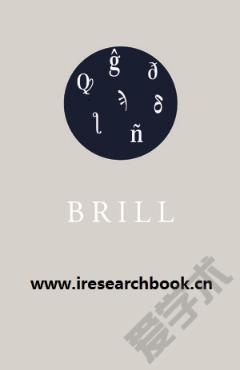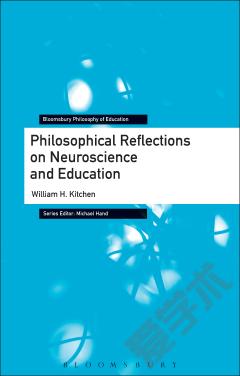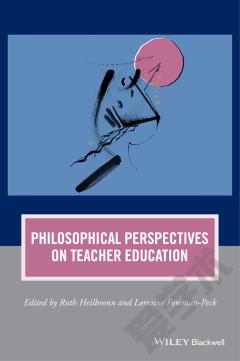Childhood and the Philosophy of Education —— An Anti-Aristotelian Perspective
----- 童年与教育哲学
A study that critically examines the basis for the growing belief that compulsory education is a necessary social good. It also addresses whether adulthood should be conceived as an entirely separate realm from childhood.Philosophical accounts of childhood have tended to derive from Plato and Aristotle, who portrayed children (like women, animals, slaves, and the mob) as unreasonable and incomplete in terms of lacking formal and final causes and ends. Despite much rhetoric concerning either the sinfulness or purity of children (as in Puritanism and Romanticism respectively), the assumption that children are marginal has endured. Modern theories, including recent interpretations of neuroscience, have re-enforced this sense of children's incompleteness.This fascinating monograph seeks to overturn this philosophical tradition. It develops instead a 'fully semiotic' perspective, arguing that in so far as children are no more or less interpreters of the world than adults, they are no more or less reasoning agents. This, the book shows, has radical implications, particularly for the question of how we seek to educate children.The study will examine critically the bases for the beliefs that more and more compulsory education is necessarily a social good, and that adulthood should be conceived as an entirely separate realm from childhood. "Continuum Studies in Educational Research" (CSER) is a major new series in the field of educational research. Written by experts and scholars for experts and scholars, this ground-breaking series focuses on research in the areas of comparative education, history, lifelong learning, philosophy, policy, post-compulsory education, psychology and sociology. Based on cutting edge research and written with lucidity and passion, the "CSER" series showcases only those books that really matter in education - studies that are major, that will be remembered for having made a difference.
{{comment.content}}








 京公网安备 11010802027623号
京公网安备 11010802027623号